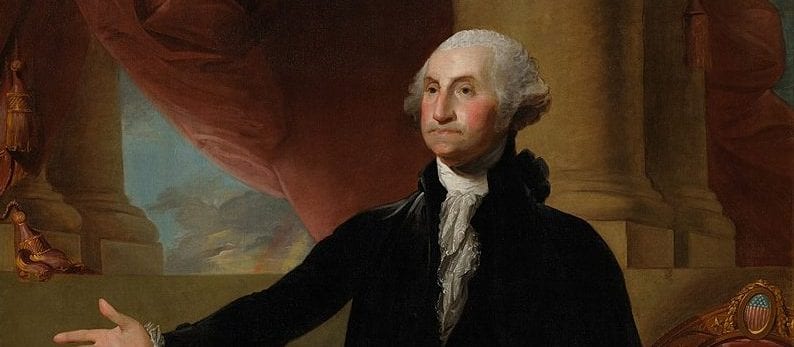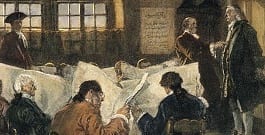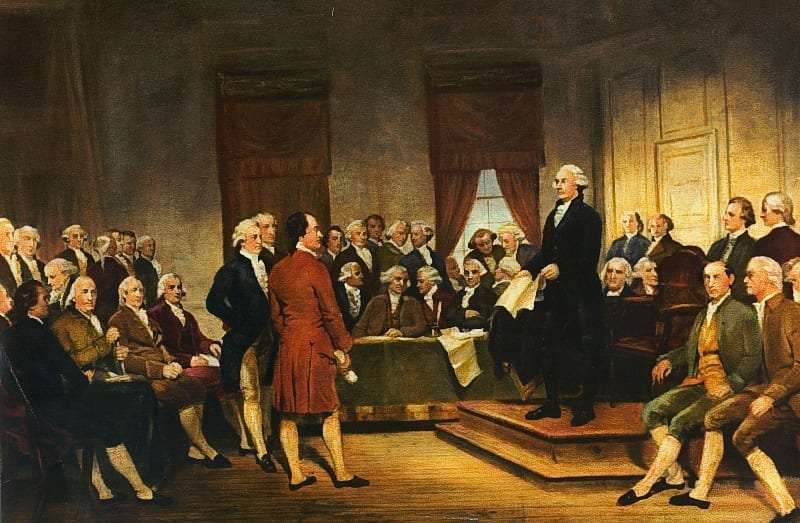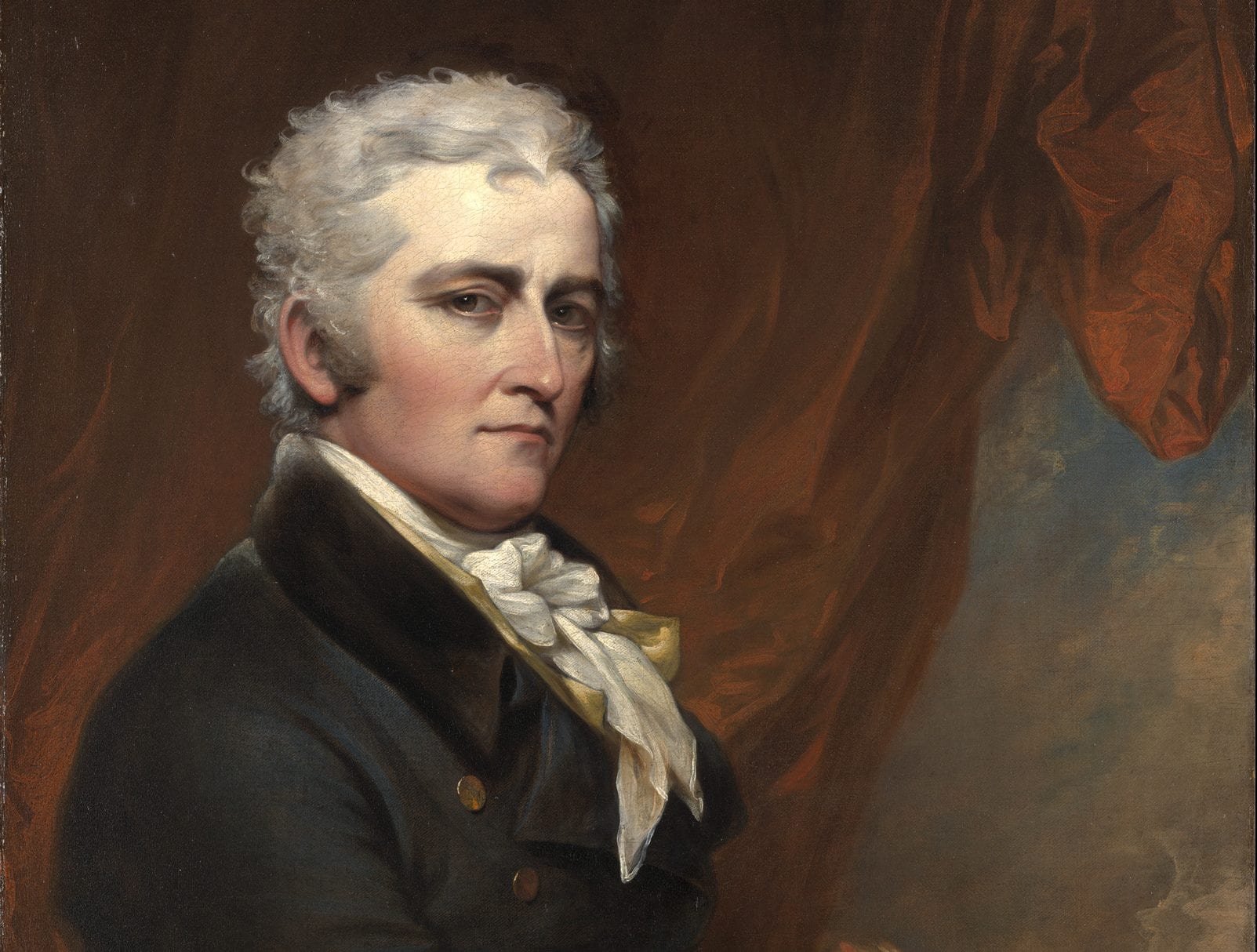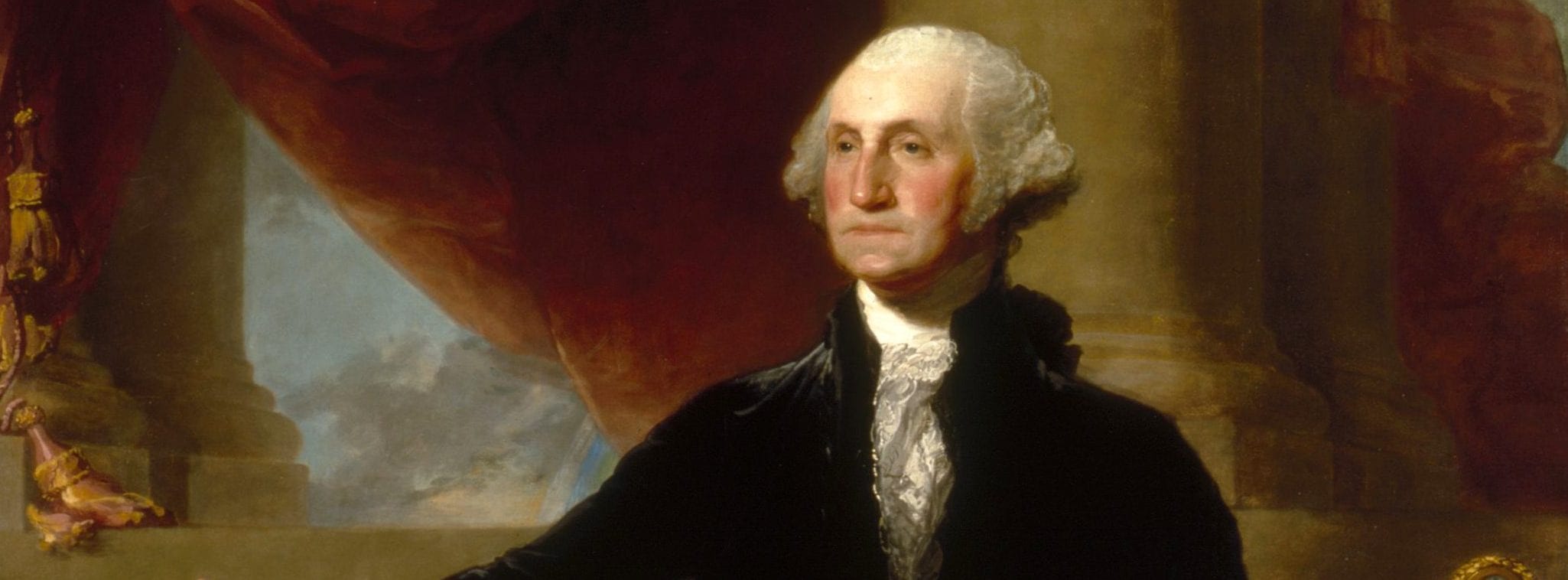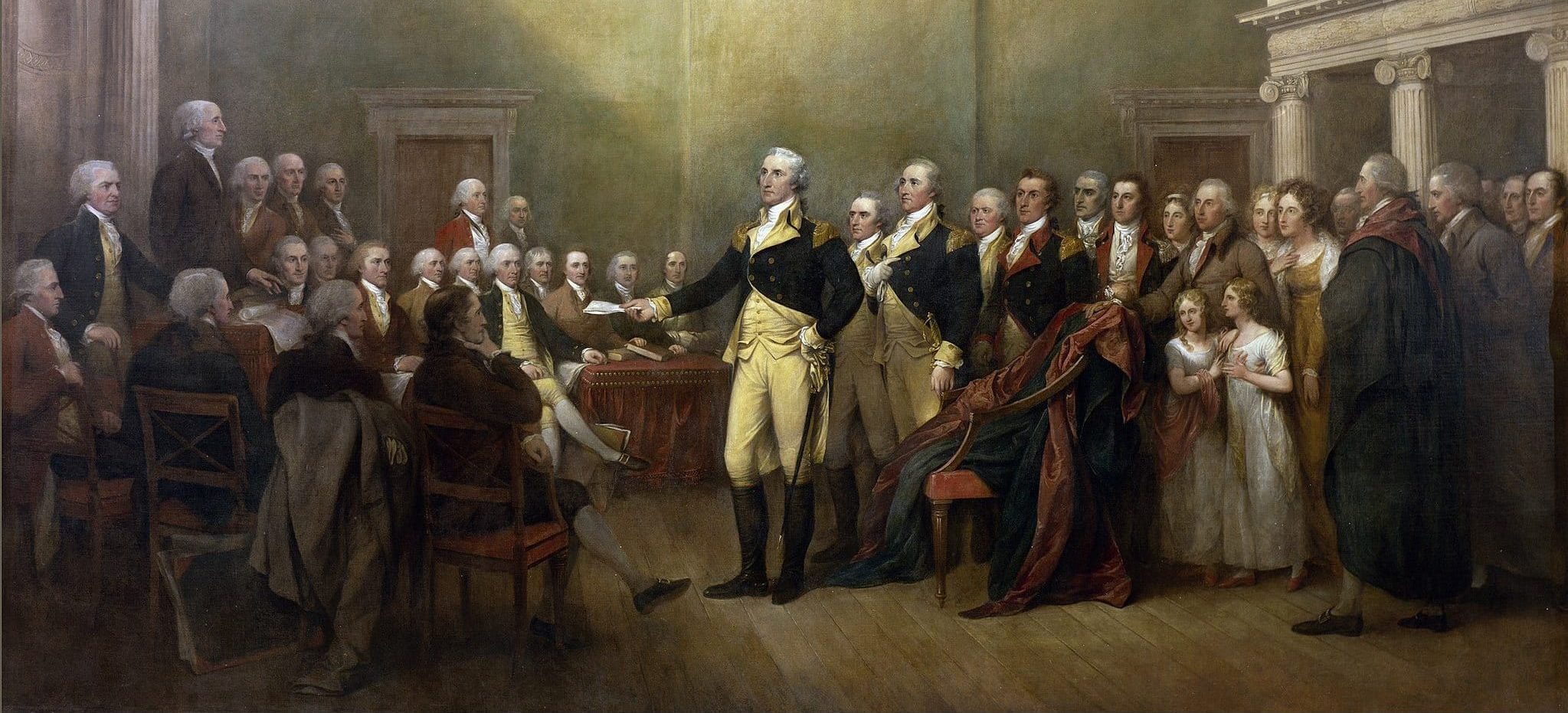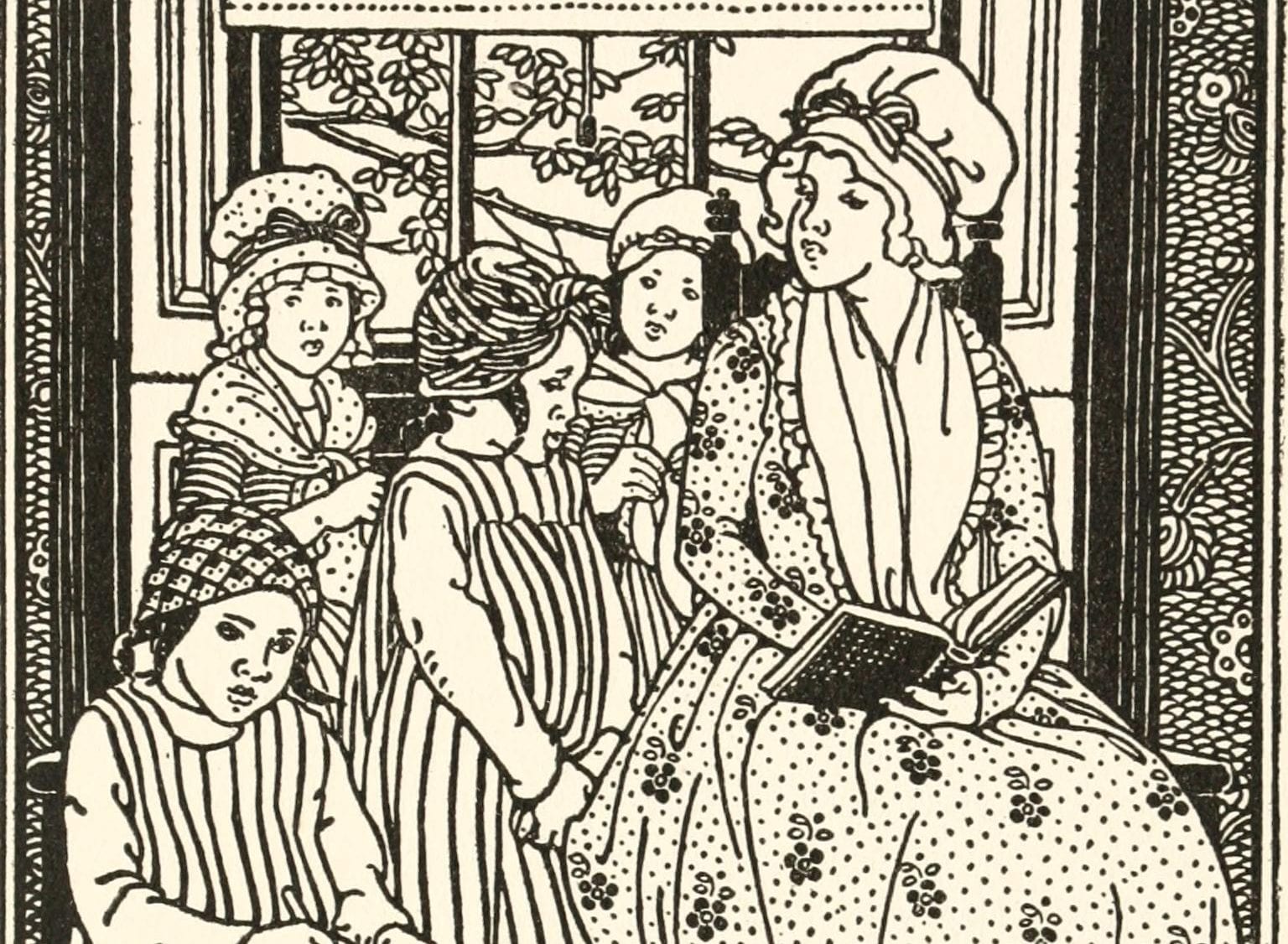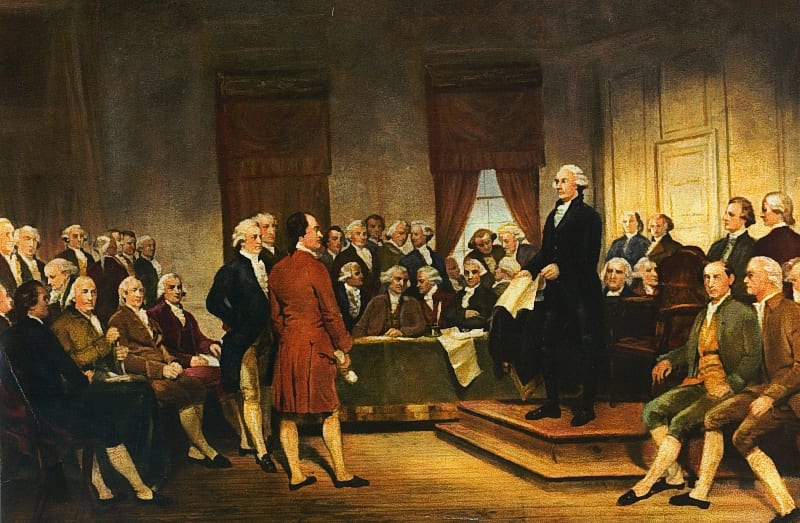
“Distress’d Columbia, must thou lie so low?
Must all thy conquests, glories, triumphs, spoils
End in thine own disgrace?”
My Fellow—Citizens, If America is to become a respectable nation, the people must retain their freedom in the fullest extent possible; this is the sine qua non of our respectability; on this alone must the strength, honor, and national character of this country depend. Indeed, any other system defeats the intention of the revolution; freedom was the ultimate object of the war with Britain, and must, from the nature of things, be the object as long as America remains an independent country. The Turkish empire was established by cruelty and dominion, by the swords of bigotted infidels, whose religion taught them to murder without remorse: probably then, that empire should have been extinct long ago, if the same system of despotism and cruelty had not been preserved; (although there are some authors who affirm that even in Turkey great and valuable privileges have always been enjoyed) but be that as it may, the case is widely different with us; nothing short of pure liberty is consistent with revolution principles; the temple of freedom that was raised in America, was intended by providence to be the asylum of the poor and the oppressed of every nation and every clime. If then we prostitute this hallowed edifice, to purposes for which providence never designed it, our ruin is inevitable. Our national independence will probably not survive the loss of our liberties a single day. As darkness brings the night, so despotism will obliterate the very name of the American empire.
It is a principle almost universally confirmed by the joint evidences of reason and experience, that that nation which is most free, is always most victorious; people who enjoy their civil and religious liberty, according to the true sense and meaning of the phrase, are laborious and brave. As the nature of a free government is to protect the lives, liberties, and property of the people, that each may enjoy what he hath by honest industry acquired; so it will be the temper and nature of that people, voluntarily to fight in defence of that government; for its interests and preservation is the same as their own. Hence, under a free constitution which secures the rights and privileges of the people, we will find courage, fortitude, and an unshaken loyalty to that government: but on the contrary, where despotism and tyranny prevail, the people are indolent and pusillanimous, backward to toil and fight in support of a government which their interest must lead them rather to see annihilated than preserved. If we take a view of ancient or modern history, we shall find that freedom and superiority have ever gone hand in hand. The history of England affords us many striking instances to illustrate this truth; the party that fought for their country, in civil broils, has always been victorious over the faction that endeavored to enslave it. But why need I advance examples to prove a point, that the bare mentioning of the American revolution seems to put beyond controversy. If the history of the Turkish empire does not afford an exception to this principle, that freedom and victory are inseparable, there can be none found that I know of, without the conquest of the island of Corsica, by the French, be admitted as one; which certainly ought not, for it rather shows that freemen contending for their liberties are invincible.
Since it is obvious from what has been said, that the energy and national strength of America are concomitant with her freedom; it follows then that the adoption of the new constitution which necessarily destroys the latter, must of consequence destroy the former: This constitution, in the first instance, will lop off one half of our sacred rights and privileges, for which we bled and conquered; and the remainder are generally left insecure, and therefore must eventually be lost too; for the cursed lust of dominion can never be satisfied until it is in possession of all power, yea, it even then will be discontent, for it is insatiable. If America is to be great she must be free; freedom is her heart, her very life—blood; and the liberty of the press, like the great aorta, the prime artery, must convey it to the remotest parts of the extremities. That the adoption of this new constitution, in toto, will destroy the freedom of the press, and every other right and liberty that should adorn the freemen of America, has been proved in a clear and masterly manner by many patriotic writers, even before the dissent of the virtuous minority of the convention of Pennsylvania appeared; but this gives the matter a finishing stroke: he who denies the evidence of their positions is either a designing villain, or one who insults his own reason, and declares himself incapable of judging right from wrong, or freedom from slavery, and consequently unworthy of enjoying American liberty.
The political alchymist, Dr. Rush, in his fulsome speech, that he has so assiduously published, patched, and re—published in all our newspapers,’ says, that our adoption of the new constitution will “produce paleness and distress at the court of St. James’s.” From such a fallacious assertion, one would imagine that the doctor must suppose the people of the United States are already as blind as he would wish to make them, if he thinks they will swallow this his bolus of deceit; such a declaration may probably work upon the prejudices of an American reader, but can never convince his reason. The assertion is false, take it in what sense you will; whether the doctor meant that the adoption of this system of government will produce our misery or prosperity, he is equally wrong. That our establishing a despotic government possessed of every necessary power and qualification for annihilating the freedom of the people, and reducing them to the lowest state of slavery and wretchedness, should excite paleness and distress at the court of London is truly paradoxical; the sentiments of that nation must have undergone a great change; a greater change certainly than any man of common sense can credit. I know there are many good men of patriotic hearts and friends of American liberty in Britain, who will feel the most poignant grief when they hear of its adoption; but that these are of the court party, I can scarce believe: and I question much whether we should not doubt the sincerity of a positive and official declaration of that court, sympathizing with us in our sorrow. So that, upon the whole, I think it is pretty obvious, that the court of St. James’s will not be much distressed at our misery. And that the British government should be distressed on account of the prosperity that must result to this country from our adoption of this system of government is a sophistical falsehood, that a grain of reason is sufficient to detect: Britain will never be distressed by reason of our prosperity under this constitution; for the truth of the matter is, we cannot prosper under it, but on the contrary, we will sink into misery and contempt, and probably cease to be an independent nation: This is a consequence that every politician will necessarily and quickly draw, and that the British, or any other government, must comprehend in an instant: Neither energy, strength nor respectability can exist a moment in America after the adoption of this tyrannical government.
There are several who have imagined that this government will for some time be a moderate aristocracy but end in a despotic monarchy; but this is a mistake; for it must commence in despotism, if ever it has a beginning. A large standing army will be absolutely necessary to set it in motion; I say a large standing army, for a small military force would only excite opposition in its enemies, and encourage them to attempt its destruction, by an appeal to arms. The impolitic conduct of Britain at the commencement of the American war, is a lesson for despotic governments in future; a decisive blow must be struck at once, otherwise liberty may triumph.
The advocates of the new constitution must be pretty well convinced by this time, that there are in every state a considerable number of people, perhaps one half of the whole, disaffected to it; now if nine states should really come into the measure, would it be prudent to compel the rest. I think not; although it is already whispered about, that if Virginia, or any of the southern states should not adopt it, that force will certainly be applied; but this is Utopian altogether, nor can I conceive even if every state in the union should adopt it, how this faction can be crushed, and crushed it must be effectually, before this government is firmly established: I even doubt, whether all the military that the well born and their parasites can raise, will complete this piece of business to their satisfaction. Has not America already shown to the world that no power on earth can overcome a phalanx of freemen defending their sacred liberties?
Many patriotic writers wishing to compromise matters between the friends and enemies of the proposed government, have imagined that the difference might be amicably settled, if a declaration of rights were prefixed to the constitution, so as to become a part of it; and therefore have recommended this to the parties as a necessary measure to reconcile them again to each other: But these good men did not consider that a declaration of rights would effectually and completely annihilate the constitution; of this however, its advocates were well aware, and consequently could not consent to the amendment. No, no, the haughty lordlings and their sycophants must have no limits set to their power; they alone should rule; yes, and rule as they list too: why should any poor poltroon speak of rights; what are his rights? Why, to work as a slave for his well born master. Ah, my fellow—citizens, this is a trying moment! an awful time indeed! Is it possible that the freemen of America should lose their liberties so soon? I hope not; and I trust, that the Lord, who is the friend of the poor and oppressed, will defeat the purposes, and confound the counsels of their haughty enemies; so that “They shall take them captives, whose captives they were, and they shall rule over their oppressors.” Amen.
Centinel VII
December 27, 1787
Conversation-based seminars for collegial PD, one-day and multi-day seminars, graduate credit seminars (MA degree), online and in-person.




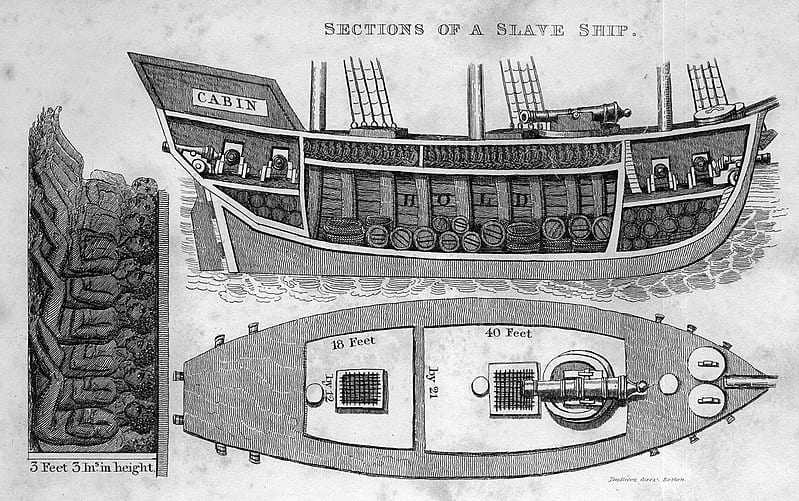







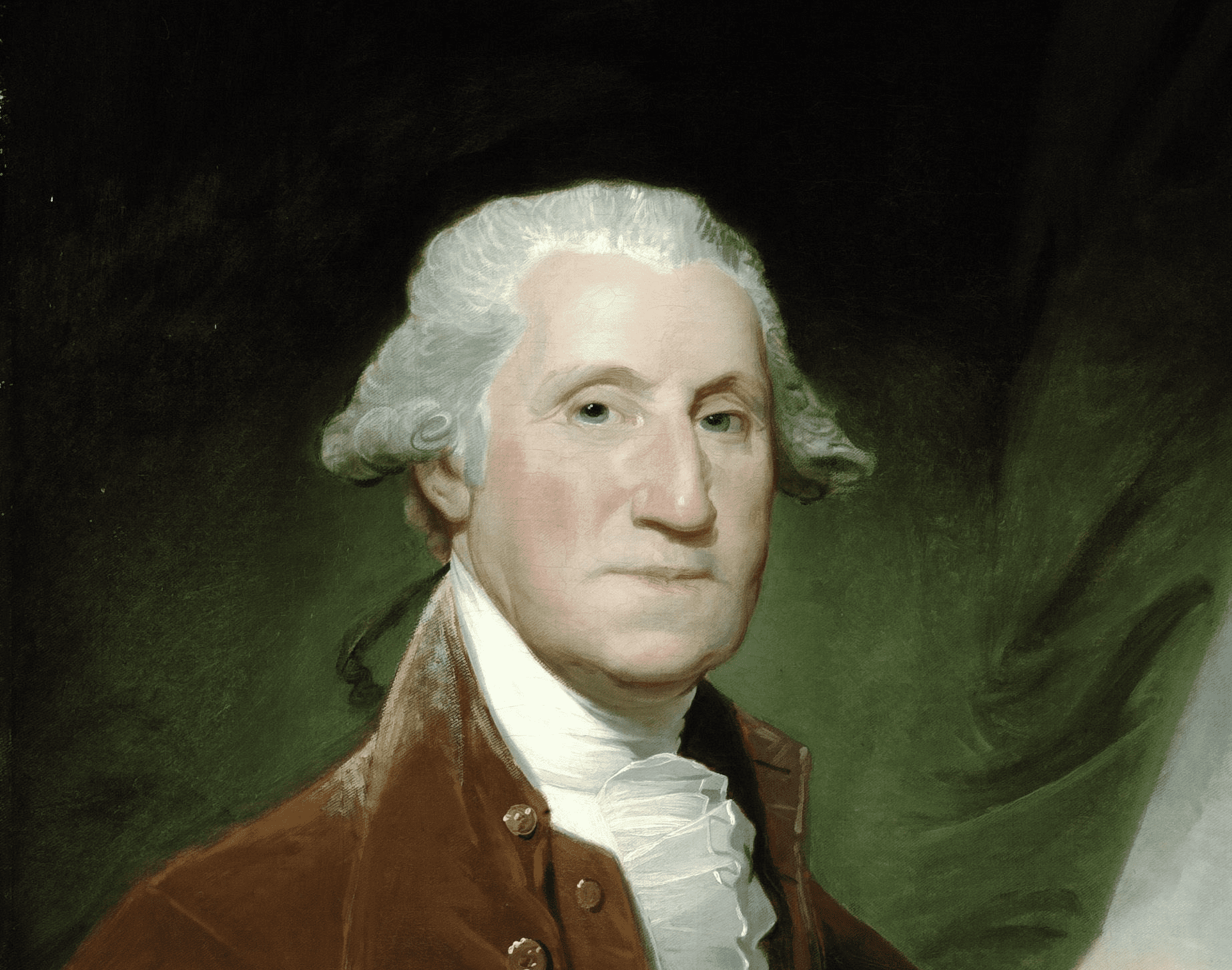
















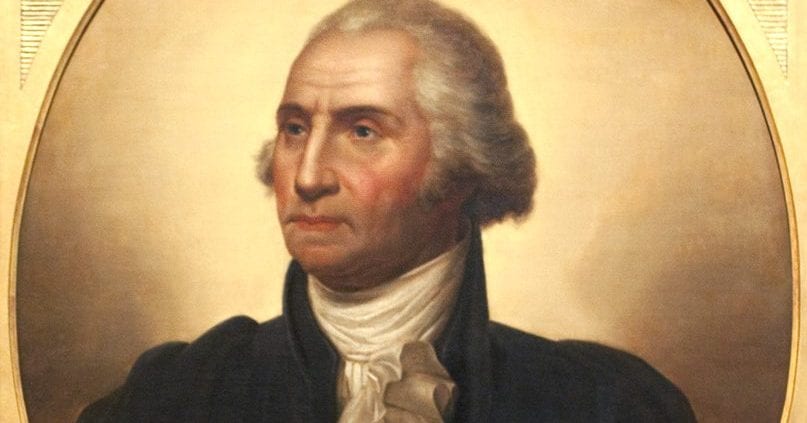


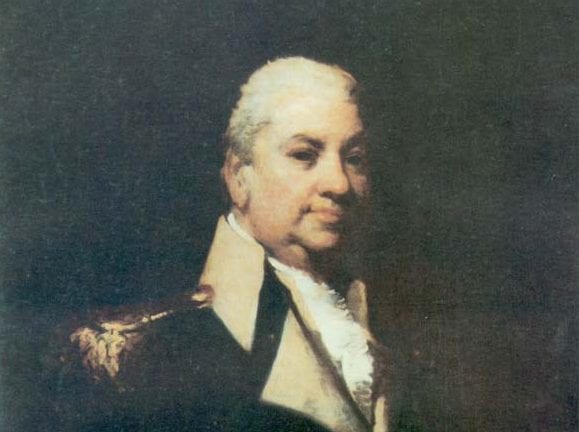



















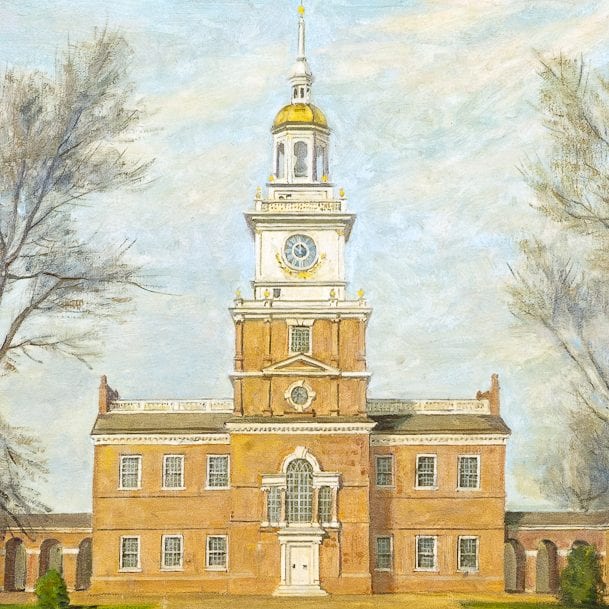

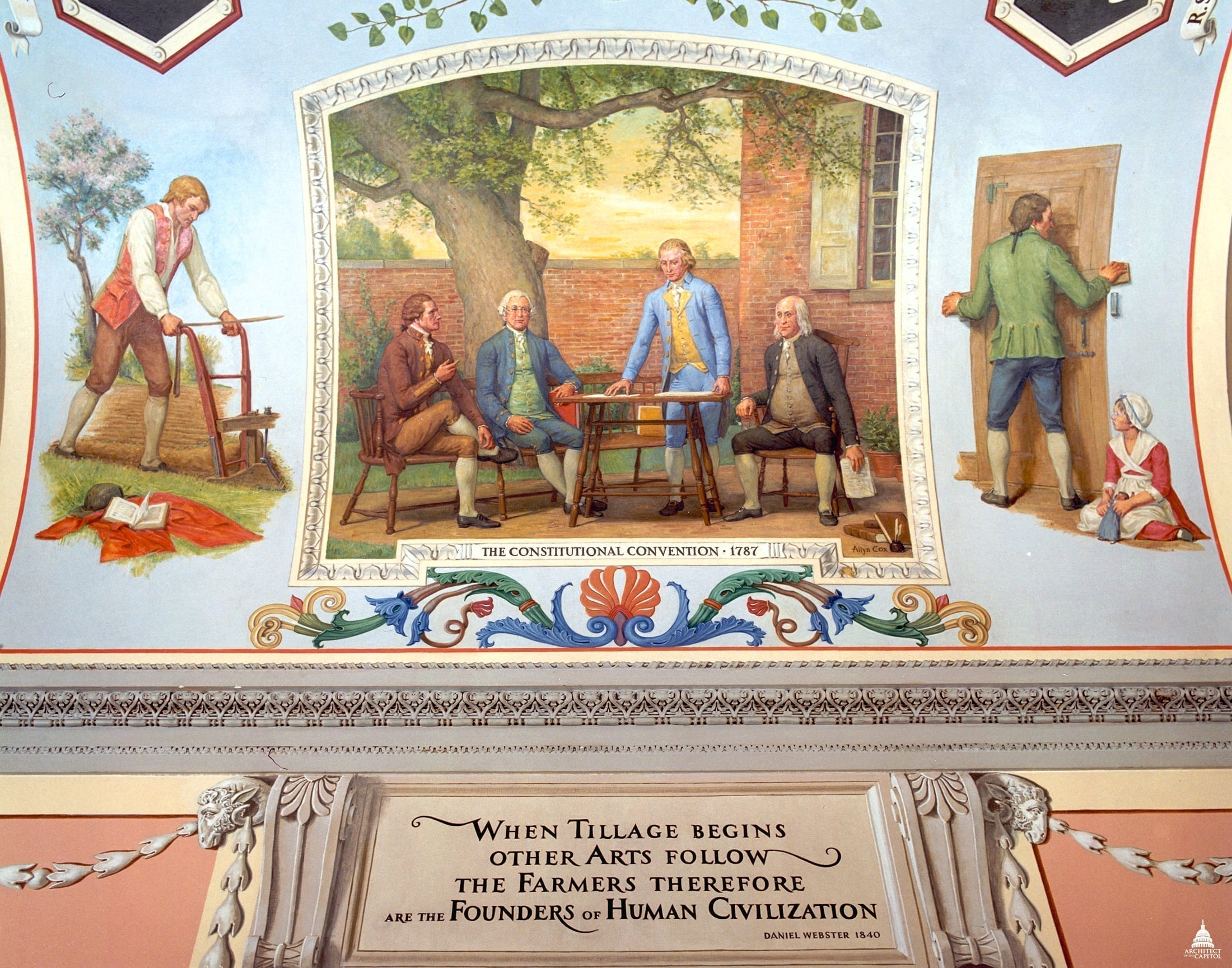

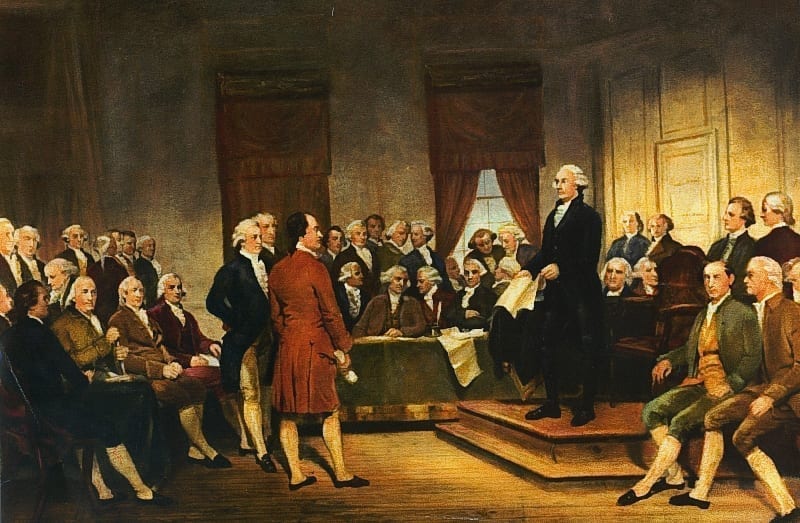



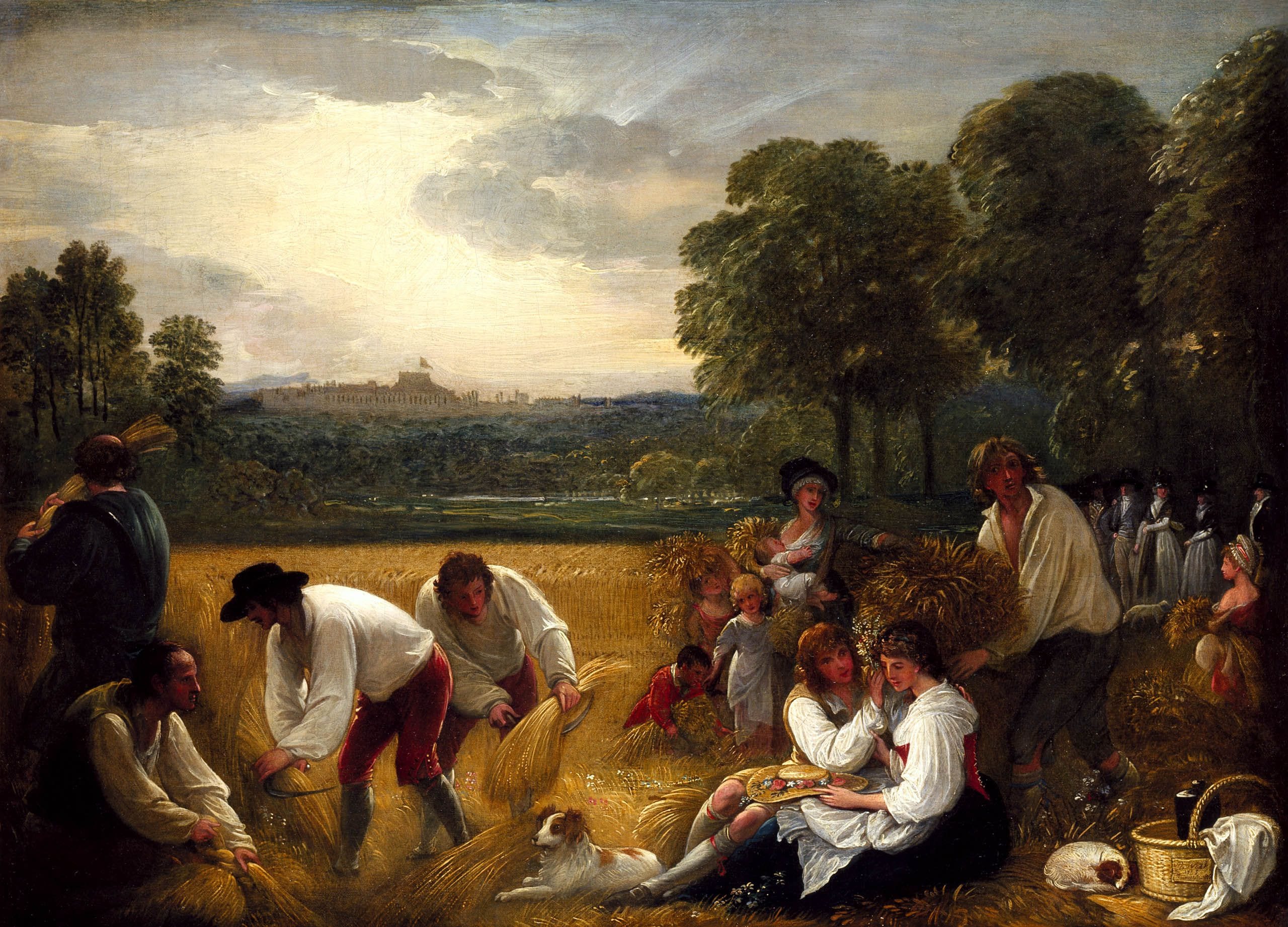


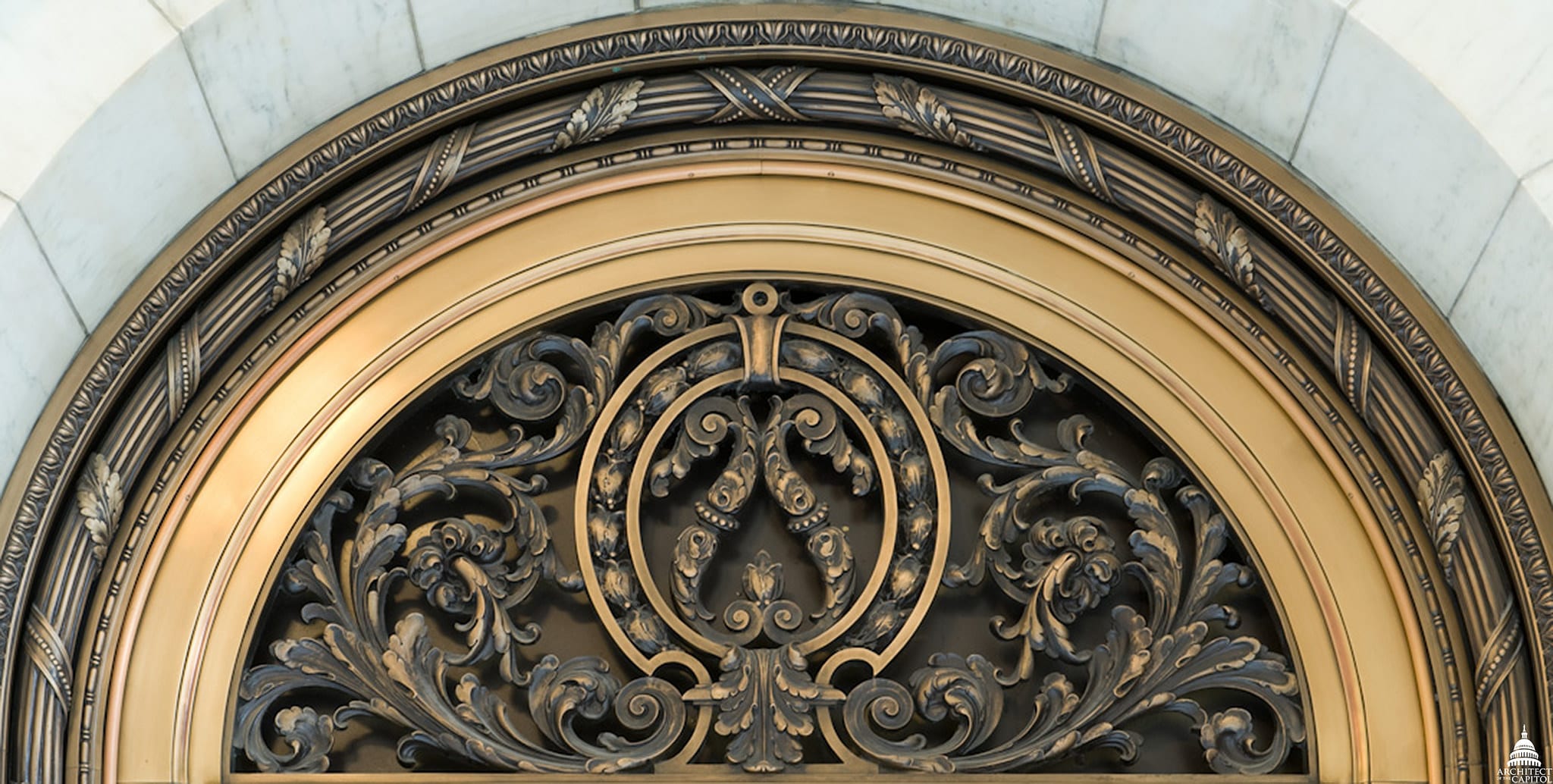













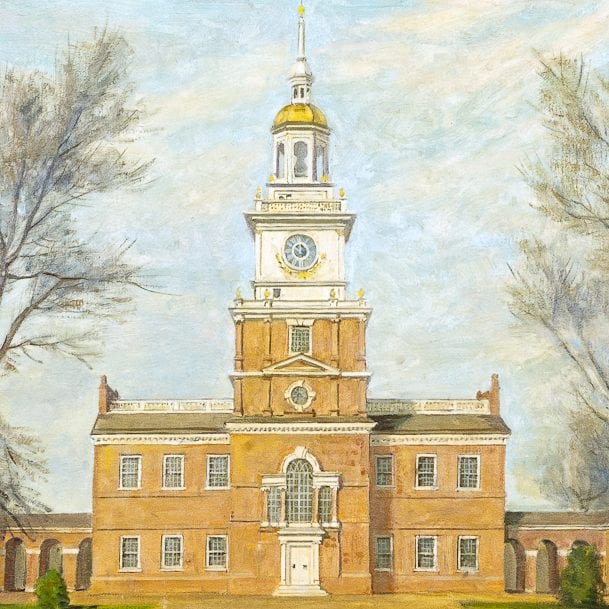
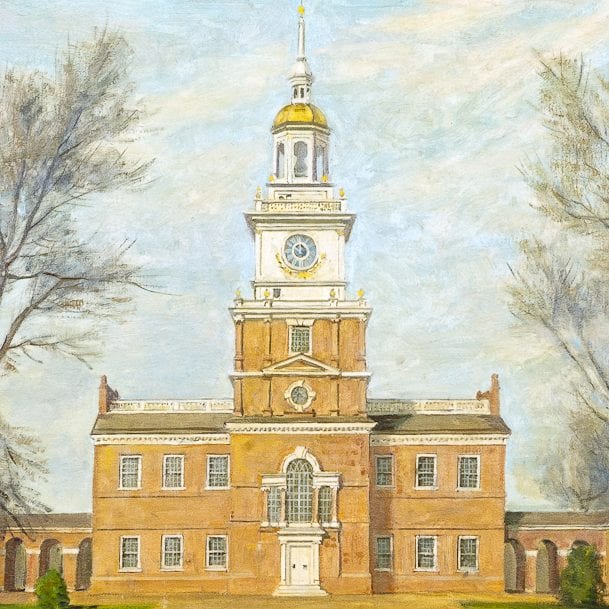


































































































![Finley, A. (1829) Pennsylvania. Philada. [Map] Retrieved from the Library of Congress, https://www.loc.gov/item/98688548/.](/content/uploads/2024/02/Map-of-PA--273x190.jpg)






































